News Wrap: “Buffer Genes” Could Mask Genetic Diseases, Inky the Octopus Escapes, and more
- April 14, 2016
- By Elisabeth Morgan
Our understanding of the world is always changing, so we like to keep an eye on the latest news in these 10 subject categories. From the discovery of new species to the passing of new laws, our weekly News Wrap will keep you and your students up to date. As our trusted guest-blogger and educational advisor Kimberly Greene says, “Knowledge is not static, so when we design learning around a single textbook, we’re in big trouble.”
“Buffer Genes” Could Mask Genetic Disease #Heredity
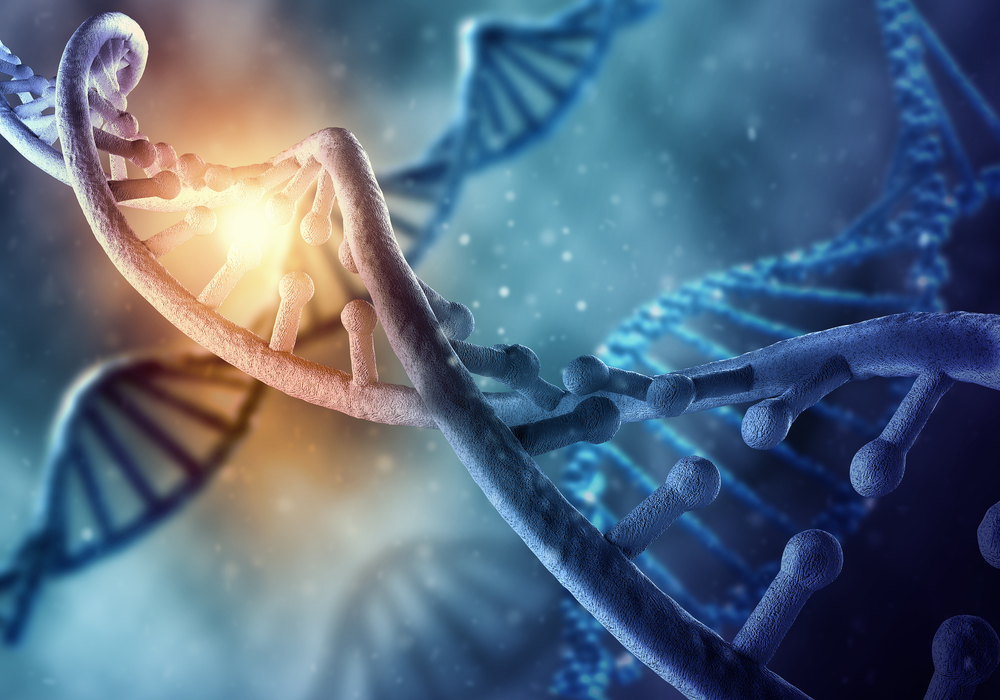
Over millions of years, changes in genes, called mutations, have combined to create different plants and animals. One slight mutation in a gene can have a tremendous impact. Someone with a mutation for cystic fibrosis, for instance, has trouble breathing a digesting food. But scientists have found that “buffer genes” can sometimes mask the effects of a debilitating genetic disorder. In a recent study, The Resistance Project scanned over 600,000 genetic sequences and found 13 people people who have genes for fatal disorders, but didn’t end up developing the illness. Studying genetic marvels like these could lead to future therapy methods in avoiding or counteracting heredity diseases.
Facebook Develops Wireless Wifi That Can Travel Dozens of Miles #Technology
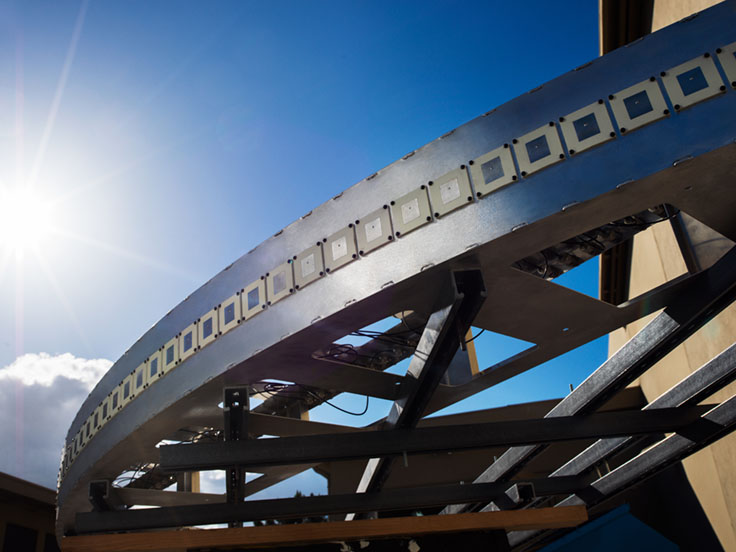
The internet’s ubiquity has reached a new level this month. Within weeks after the proper noun “Internet” officially became plain old lower-cased “internet”, Facebook presented new hardware that can efficiently send connection signals over dozens of miles. The wireless antennae, called ARIES, can be set up in urban centers and transmit signals to less developed areas without the cost of setting up wiring and fiber connections. Similarly, Google is in the process of developing drones and hot air balloons with the same goal.
Inky The Octopus Escaped to Bluer Pastures #OceanCreatures
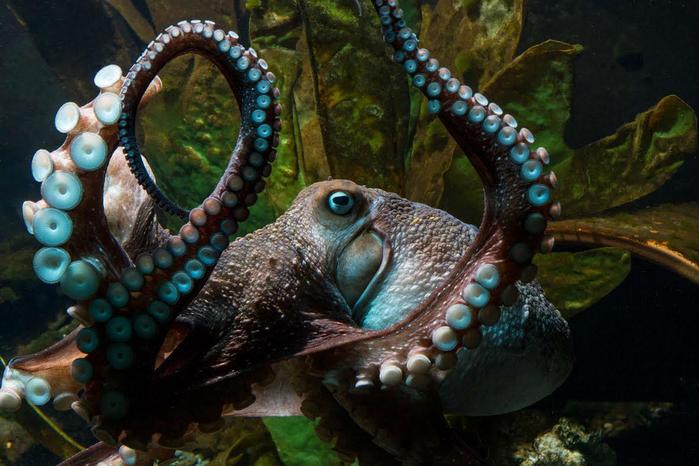
Did you know Octupi are highly intelligent ocean creatures? They love to explore their surroundings, and are apparently expert escape artists! Last week a New Zealand octopus named Inky caused a stir after he made an escape through a tiny gap in his aquarium, across the floor, and into a drain that led to the ocean. “He was the type that was inquisitive, and a bit wiser than we thought,” the manager of the National Aquarium of New Zealand, told CNN.
A New Record Set in Arctic Freediving #Antarctica
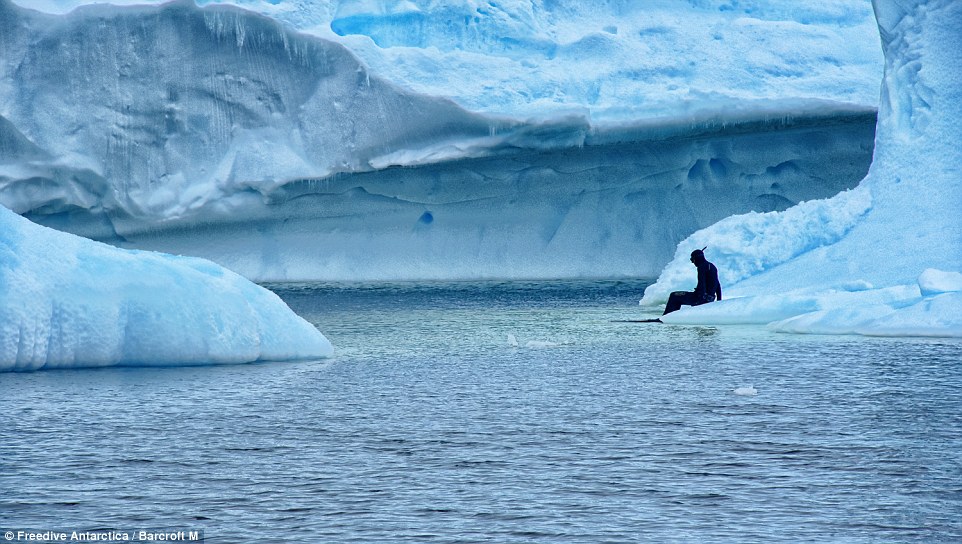
Antarctica is a giant research lab. Scientists from all over the world go there to conduct experiments and share information about climate change, the movement of glaciers, and even penguin behavior. But for William Glendinning, an extreme freediver from England, Antarctica is less lab, more playground. Glendinning and a group of 4 friends recently set a record for being the first Brits to freedive in the freezing Antarctic waters. They explored the undersides of fragile icebergs that are prone to tip or shatter at any moment — all without the safety of breathing equipment or lifelines. This extreme sport isn’t to be taken lightly. The last record-holding diver, Natalia Molchanova, died in a freediving accident last year.
With the Help of a Microchip, Quadriplegic Can Control Hand Movements Again #HealthScience
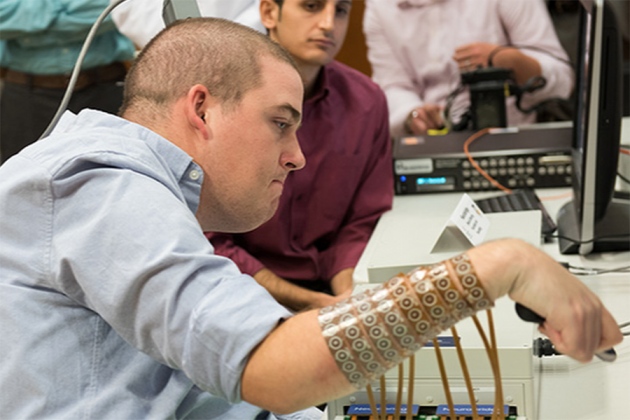
Last Wednesday, doctors reported the first case of limb reanimation in a person with quadriplegia, after 24-year-old Ian Burkhart was able to control his fingers to play a video game, pour a bottle, and stir with a straw. The chip decoded his brain signals and translated them into muscle movement, bypassing the disconnection between the neurons and muscles that had been damaged by a diving accident. This is an exciting development in neural engineering, but isn’t a “cure” for paralysis, since patients must be wired to a computer in a lab to translate brain activity into movement.
Introduce kids to how neurons translate thoughts into actions with our unit on the Brain.